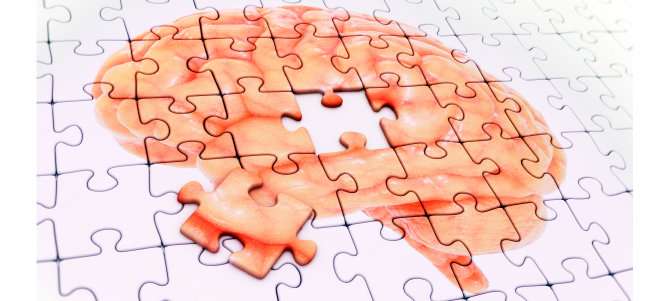Congenital heart defects linked to increased risk of dementia

Being born with a heart defect may raise the odds of later developing dementia, especially early-onset dementia, a new study finds.
Each year, at least 40,000 infants in the United States are affected by a congenital heart defect. The cause is unknown, but it's thought that genetics plays a role in some cases.
Throughout their lives, children born with a heart defect are at risk of experiencing an array of health issues. These range from being below normal weight to heart-specific problems that not only make exercise difficult but, in severe cases, can increase their risk of having heart failure or a serious infection of the inner lining of the heart chambers and valves.
Many of these health problems are known risk factors for dementia—changes in the brain that cause memory and other cognitive problems that interfere with daily life.
"Congenital heart disease is a lifelong condition," said the study's senior author Dr. Nicolas L. Madsen, medical director of inpatient cardiology at Cincinnati Children's Hospital. "We think that dementia may be a natural extension of the neurodevelopmental concerns of childhood into the adult years."
In the study, published Monday in Circulation, researchers used Denmark's national medical registries to identify 10,632 adults diagnosed with a congenital heart defect. They compared dementia diagnoses between those adults and adults of the same sex and age in the general population.
By age 80, 4 percent of adults with congenital heart disease had been diagnosed with dementia. This was a 60 percent higher risk than what was seen in the general population. Those born with a heart defect were also 2.6 times more likely to develop dementia before age 65.
An estimated 1 million children and 1.4 million adults in the United States were born with a congenital heart defect.
"We're only now seeing CHD patients reach older adulthood," said cardiologist Dr. Fred Wu, who is seeing more noncardiac diseases, such as diabetes, high blood pressure and obesity, among his patients in the Adult Congenital Heart Service at Boston Children's Hospital. Wu was not involved in the new study.
"This [study] opens our eyes to the problem we know very little about: how to prevent dementia and cognitive deficits," said Wu, who co-authored the American Heart Association's 2017 scientific statement on complications in adults with congenital heart disease. "Questions, however, remain as to what is the underlying cause of the risk and how can we mitigate it."
Roughly 50 million people worldwide have dementia. In the United States, Alzheimer's disease is the most common form of dementia in older adults, affecting 5.5 million Americans and ranking as the nation's No. 6 cause of death.
It is not known whether the new findings are applicable to children born today with a heart defect who benefit from improved medical care.
"The care received by the group we studied at 60, 70 and 80 years old isn't the same today, so we don't know if the congenital heart defect population today would show the same risk," said Madsen.
More information: Carina N. Bagge et al. Risk of Dementia in Adults With Congenital Heart Disease: Population-Based Cohort Study, Circulation (2018). DOI: 10.1161/CIRCULATIONAHA.117.029686














